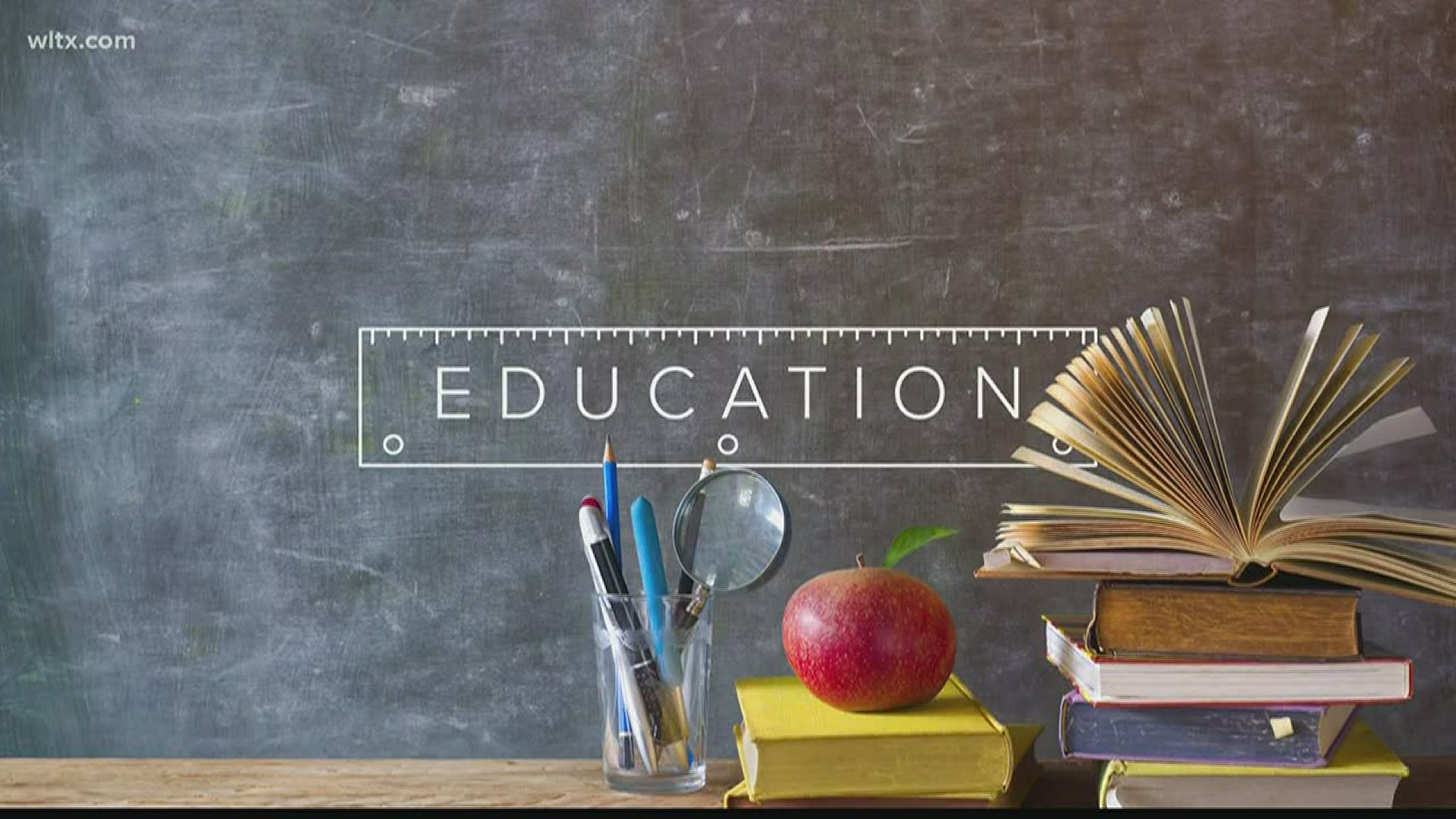COLUMBIA, S.C. — Wednesday morning, the South Carolina School Boards Association released the results of a survey of the local school board members statewide, gauging how they believe school districts should proceed to safely and effectively resume normal operations and how their schools have fared during months of e-learning and other methods used to instruct students at home as a result of COVID-19 closures.
The survey was taken by the state's school board members between May 5 and May 14. The answers to the survey are from school board members who may or may not have polled families of students or teachers in their districts. Some board members offered comments at the end of each survey question.
You can read the complete survey here:
Of note:
- The survey was sent out to all 591 local school board members in South Carolina's 46 counties. 310 of the 591 board members, 52.4%, responded
- The most important issues when considering opening school for the 2020-2021 school year are (in order): health, disinfectant and hygiene measures; class size to maintain social distancing; maintaining physical distance on school buses; and making up for missed instruction
By the numbers:
- 83% of school board members believe that the state should seek a waiver to suspend student standardized testing again next year to allow educators extra time to focus on student learning
- 81% support allowing students to begin the school year at their next level of instruction
- 68% believe families in their districts are satisfied or somewhat satisfied with the quality of online learning and/or paper-based instruction provided their district during COVID-19 school closure
- 67% believe partial or split scheduling would be a good option if social distancing restrictions remain
- 66% of board members support allowing parents the choice for their students to repeat their current school-level grade
- 50% believe parents should have a choice of sending their children back to school for in-person instruction or continuing with online/paper instruction at home
- 37% favor the option of beginning the school year early (in July) to review instruction provided during the closure
- 20% of school board members believe online learning or paper-based instruction is equivalent to in-school instruction
Rural school districts -- and some areas in not-so-rural districts -- cited the lack of or limited high speed internet services as one of the main frustrations of distance learning. One board member said "Our county doesn't even offer broad(band) for all, therefore online learning opportunities are not available. Lack of equality in state education is highly evident."
Another board member said "Many of our parents do not have the education level or resources to adequately instruct their children, especially with the materials provided. Even if they want to up their skills, many do not have the resources such as internet access. Even libraries are closed so that internet, books and other materials are not available in our small town. Also, many parents having to work from home, are not able to simultaneously give their full attention to teaching their child(ren). Plus, in our schools, instruction is more than just a knowledge download. There is whole-person development, hands-on skill development, Socratic discussion and other learning from both peer and instructor that is missing in the current environment. The statement may be somewhat true for advanced high school classes where students have already shown initiative to be enrolled and will likely continue their self-movitation for learning."
The survey will be presented to the State Department of Education as they plan for the semester ahead.


